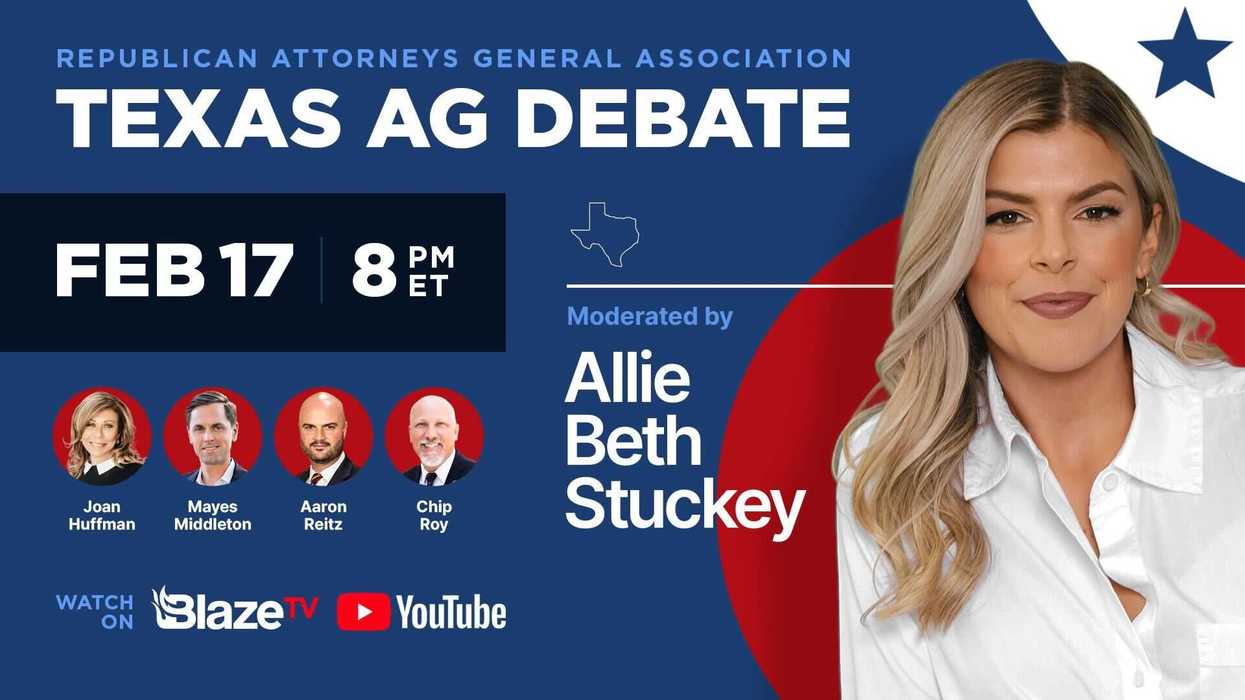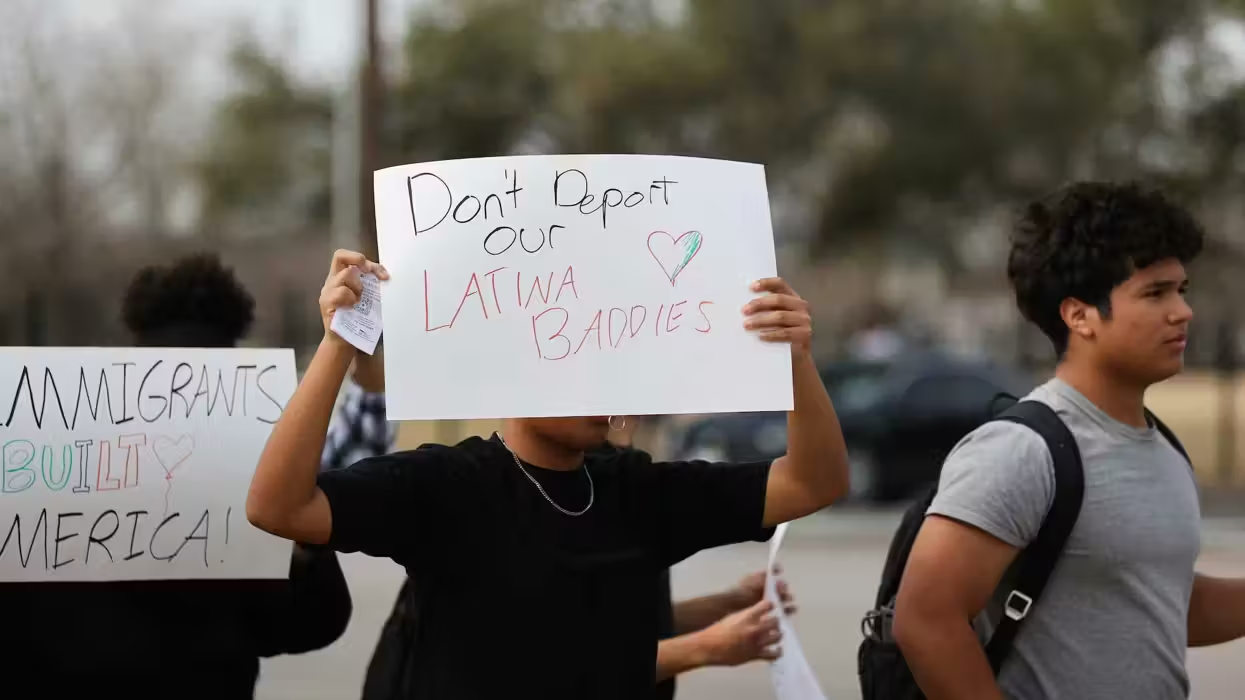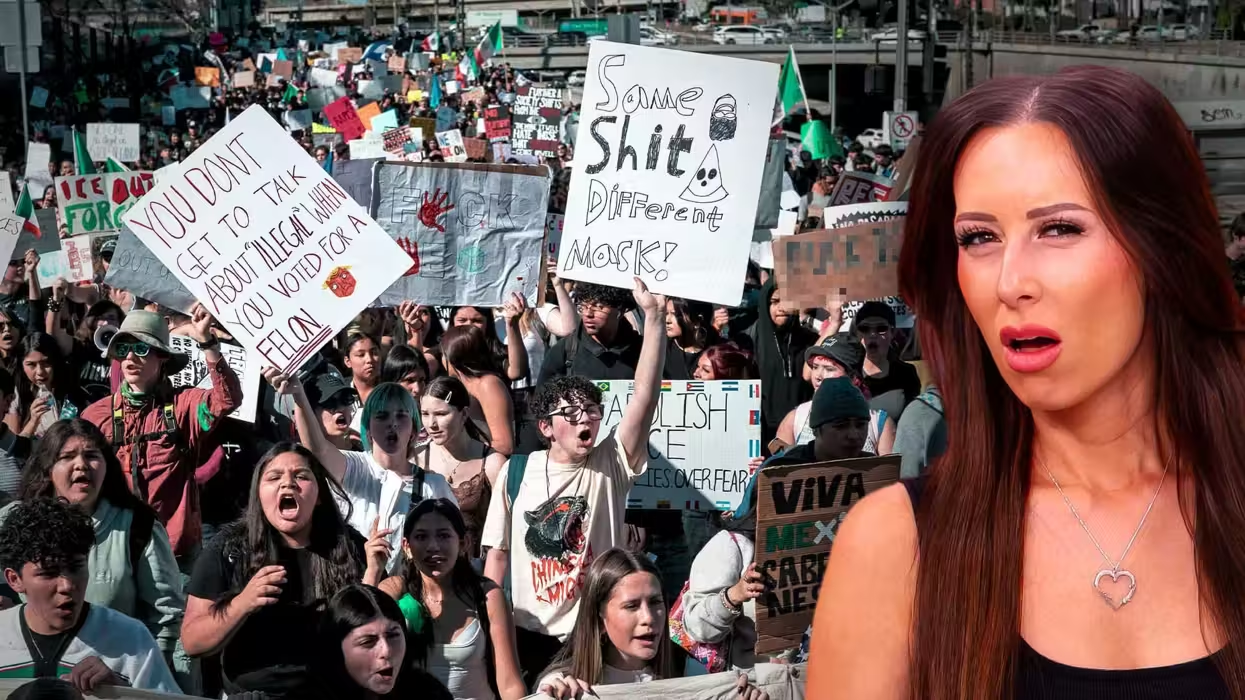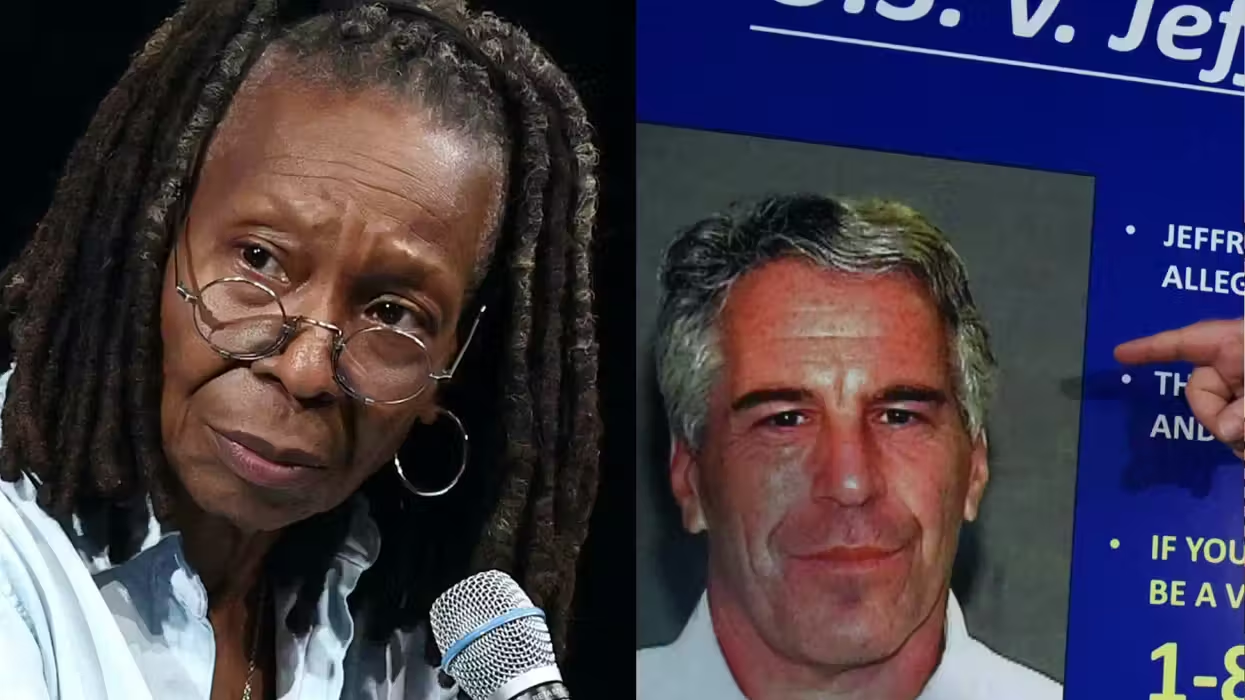
© 2026 Blaze Media LLC. All rights reserved.
Some Headlines for the World Trade Center Health Studies Mislead Findings
September 05, 2011
"It's difficult for any single event to cause an increase in cancer or in mortality."
If searched you Google News for "World Trade Center health study" you would find more than 500 articles. If you were just skimming the headlines, you wouldn't know quite what to believe.
Here are a few:
"Study Suggests Higher Cancer Risk for 9/11 Firefighters" -- New York Times
"Dusty legacy of 9/11 still a medical mystery" -- Associated Press
"Death Rate Surprisingly Low In Workers Exposed to Sept. 11 Dust" -- NPR Blog
"New study: 9/11 first responders much more likely to develop cancer" -- CNN Blog
"Mixed Health Findings Reported in 9/11 Rescuers" -- Family Practice News
"Firefighter Cancer Tied to Ground Zero Exposure, New Study Says" -- Huffington Post
Here is a brush up on why a study about the long-term effects of 9/11 on first responders was conducted.
When the World Trade Centers went down after the terrorist attack on 9/11, an obscene amount of dust, toxins and other potentially harmful debris came with it. Some first responders got sick. There was even a bill set up -- the 9/11 Responders Bill -- which was signed into law this year to help pay for some of these medical expenses. But just what medical issue qualifies for this help is a controversial question.
With the eve of 9/11's 10-year anniversary, two studies reviewing the long-term health of a large sample group of first responders was published in The Lancet, a British medical journal. The mixed findings from the studies remain controversial on several counts, but especially when it comes to the First Responders Bill and accuracy of the results (i.e. Is this review still too soon to tell the actual effects?).
Here are some of the highlights of what the two studies found:
- Of the nearly 9,000 ground zero fire fighters, researchers found they were four more cases than what might normally be expected in a similar group of men who weren't exposed. Basically, the study found that 242 firefighters exposed to the attacks had developed cancer within the study period, compared to the 238 that researchers would have expected in the general public.
- Researchers found less lung cancer than expected — only 9 cases instead of the 21 they expected to see. That's reassuring because people are concerned about inhaled dust particles. All 9 of the cases involved smokers.
- For comparison sake, the study looked at 923 firefighters were who not exposed to ground zero; they found the exposed responders were 19 percent more likely to have cancer. But, this number is considered not statistically significant.
- A second study looked at more than 42,000 people exposed to dust from the World Trade Center. It found that there was no increase in fatality compared to the average person. In fact, the study group's mortality rate was 43 percent lower than the average New Yorker.
- Contrary to what would be expected according to earlier studies (LINK), the second study found that there was no increase in fatality associated with respiratory ailments.
- It is important to note, both the mortality study and the cancer study are limited, in part because of the difficulty of finding a proper comparison group. Drawing conclusions could also be difficult because researchers don't know the full medical history of the subjects.
Here's what experts are saying:
- New York City Health Commissioner Thomas Farley says of the two bullet points above on the second study that he believes this portion of the population could be healthier than the general public to begin with, potentially skewing the results of the study.
- Donald Berry, a professor of biostatistics at the University of Texas M.D. Anderson Cancer Center, said the two studies "provide no evidence that living or working in the former shadow of the World Trade Center increases one's risk of anything . . . With the exception of a nuclear explosion or meltdown, it's difficult for any single event to cause an increase in cancer or in mortality."
- Dr. David Prezant, the fire department's chief medical officer, said he believed the firefighters study indicated "a moderately strong correlation" between World Trade Center dust and cancer. He said he did not agree with other experts who said the study failed certain key tests of statistical significance.
- Dr. Michael Thun, vice president emeritus of epidemiological research for the American Cancer Society, said it isn't surprising that the study would fail to detect any major trends so soon after attacks.
Clearly the jury is still out on the health effects from 9/11. So why are some media outlets writing and talking about how first responders have an increased risk of cancer when the study's findings say the increase isn't statistically significant?
The Associated Press contributed to this report.
Want to leave a tip?
We answer to you. Help keep our content free of advertisers and big tech censorship by leaving a tip today.
Want to join the conversation?
Already a subscriber?
more stories
Sign up for the Blaze newsletter
By signing up, you agree to our Privacy Policy and Terms of Use, and agree to receive content that may sometimes include advertisements. You may opt out at any time.
Related Content
© 2026 Blaze Media LLC. All rights reserved.
Get the stories that matter most delivered directly to your inbox.
By signing up, you agree to our Privacy Policy and Terms of Use, and agree to receive content that may sometimes include advertisements. You may opt out at any time.







